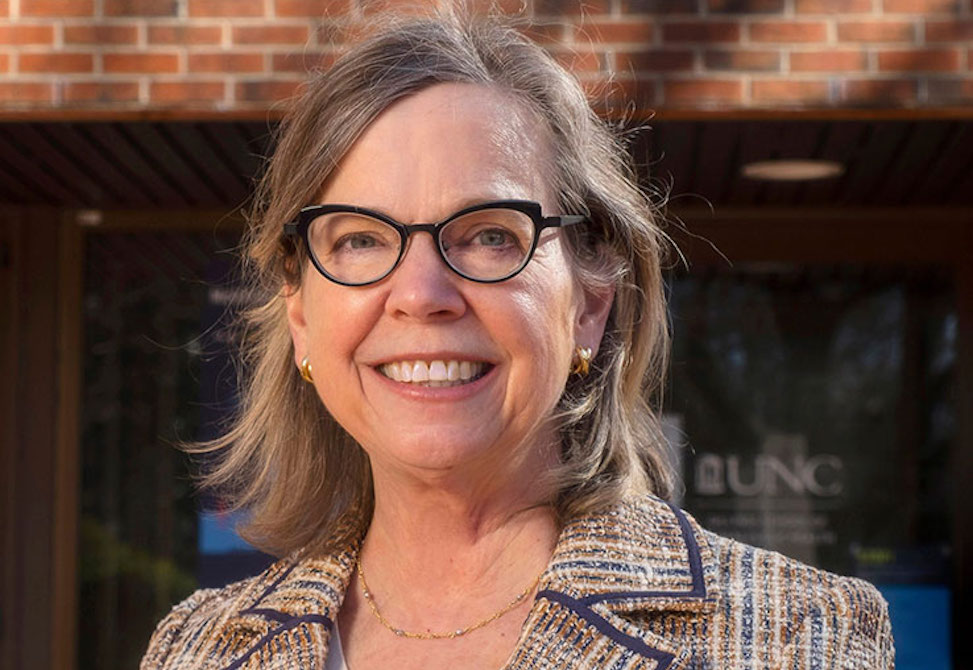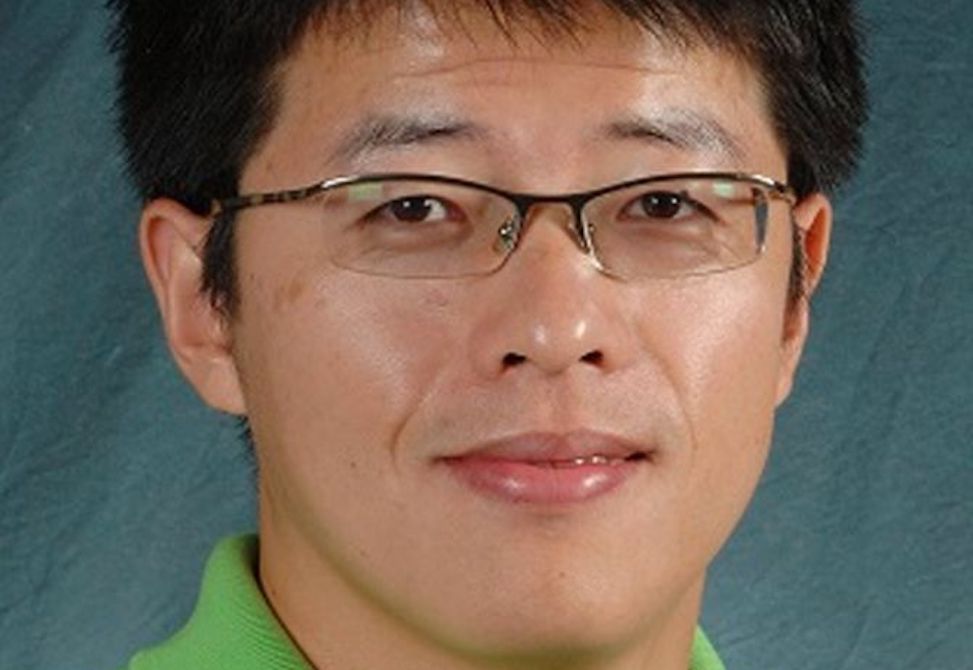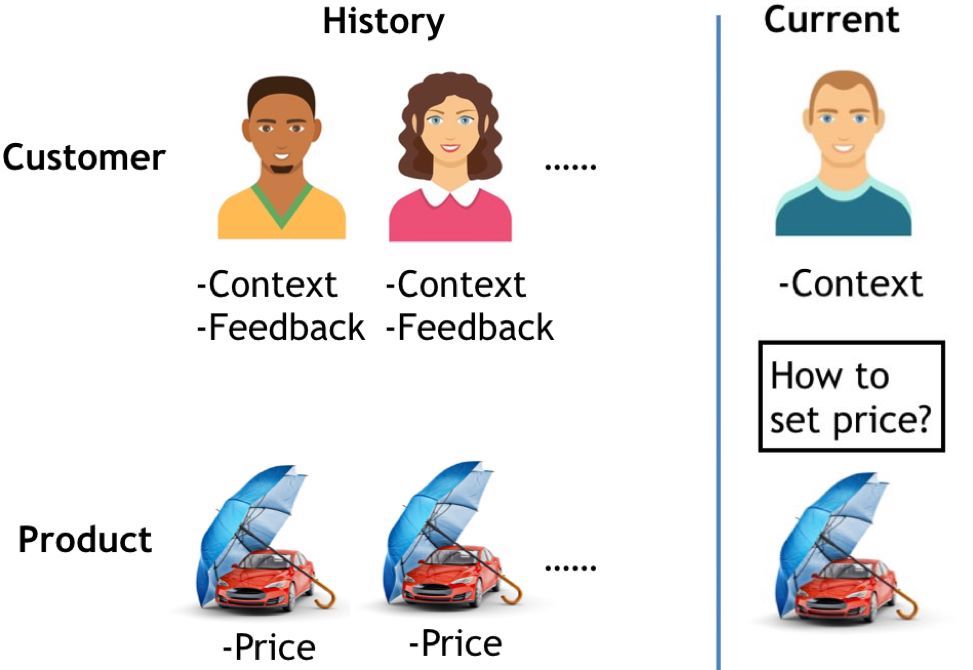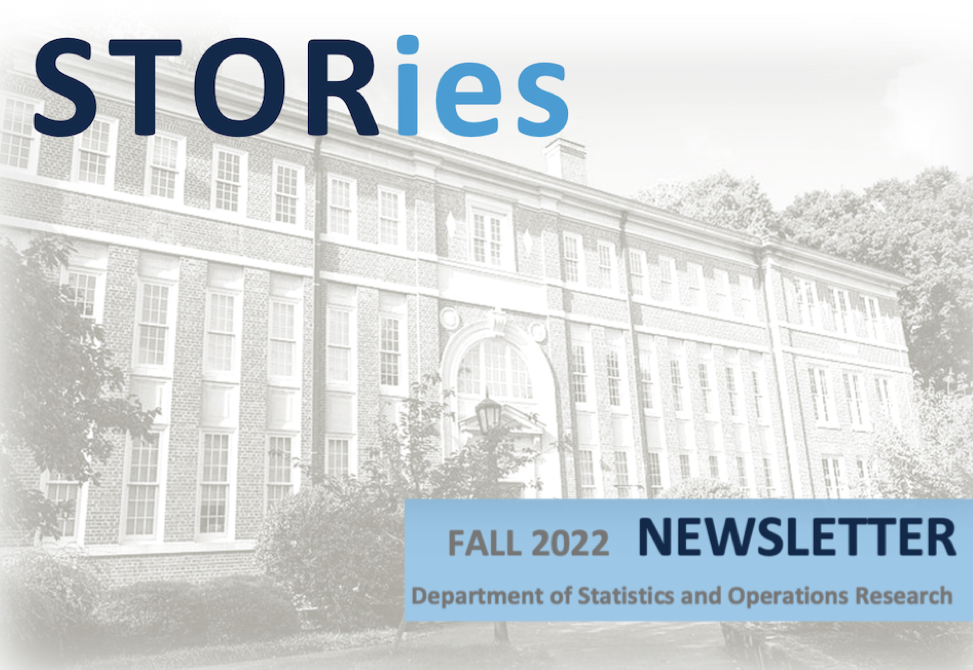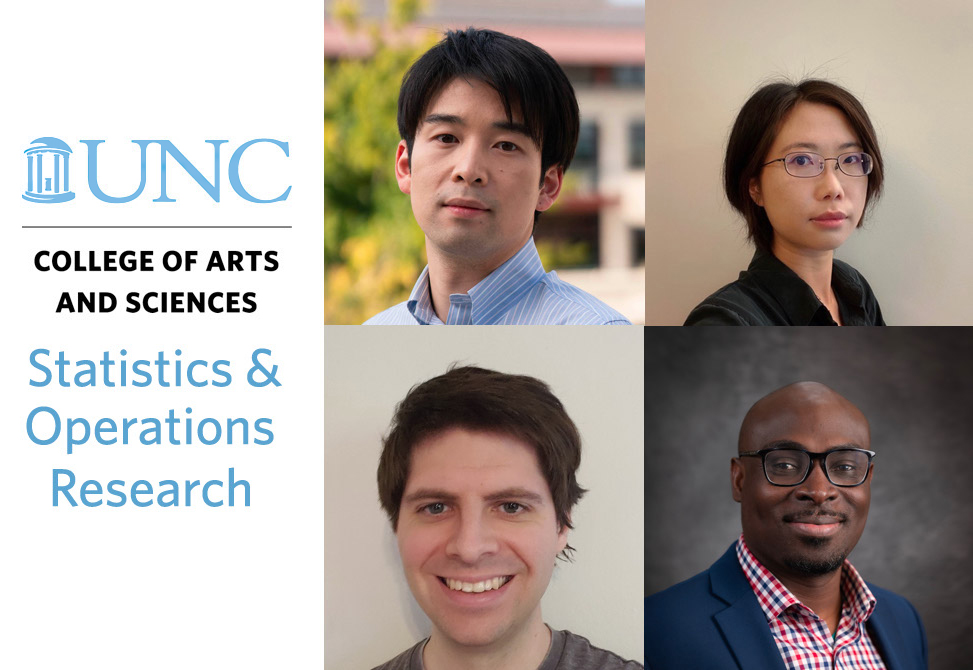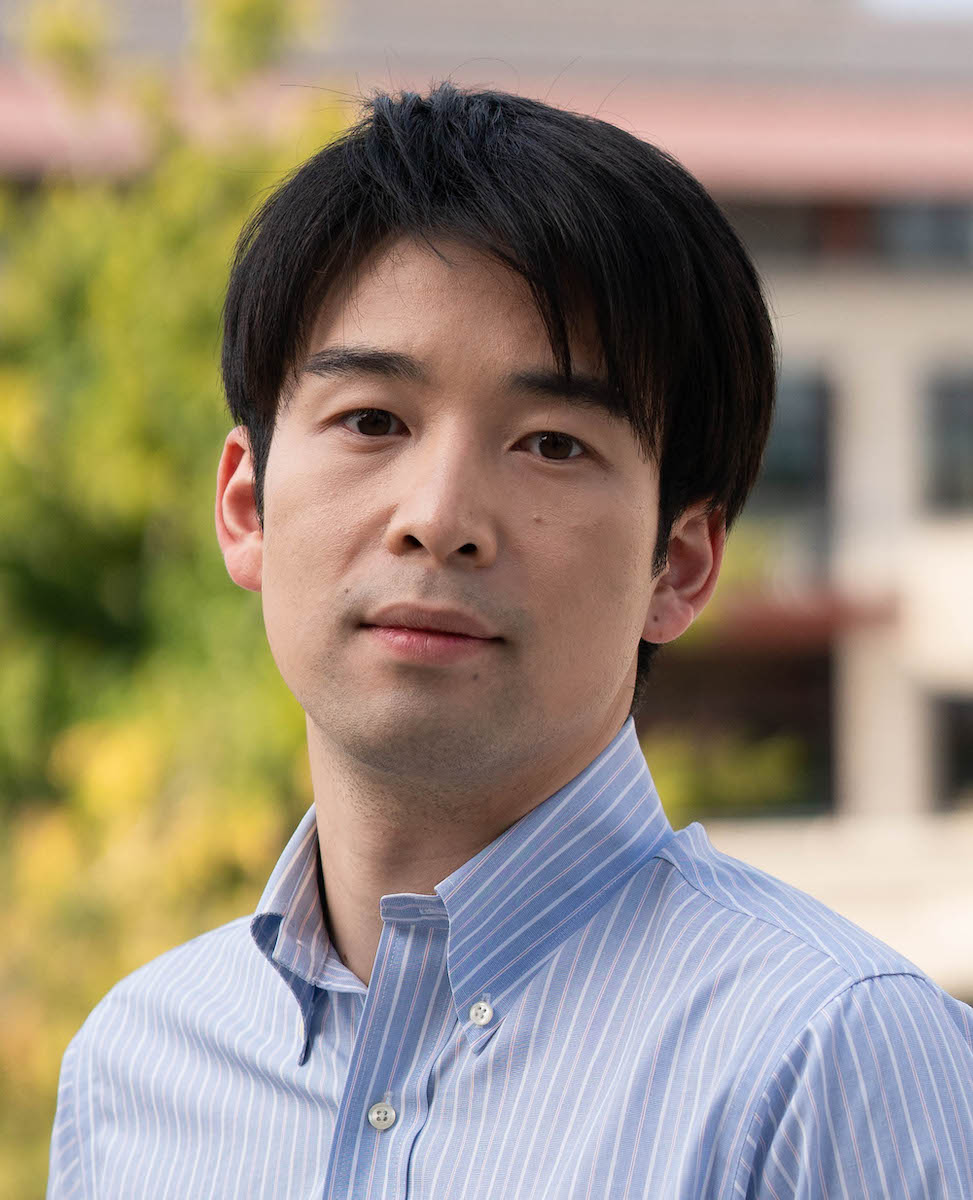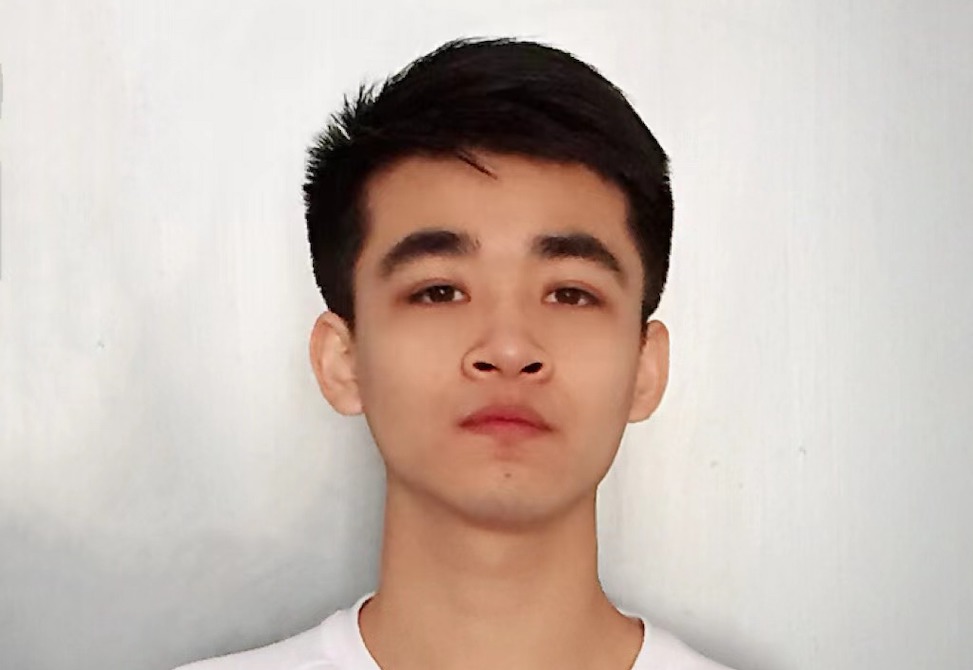Dear Friends,
Welcome to the 2022 annual issue of STORies, which looks back at the department’s past academic year 2021/2022 and considers its outlook.
As the new academic year 2022/2023 is starting, the department feels like in the pre-pandemic times: more people around, few people wearing masks, and more socializing, with the lunch table again full of faculty and staff. Along similar lines, the faculty and graduate students have started going to in-person conferences, visiting collaborators and places, and vice versa, the department just hosted an in-person conference in probability and started seeing research visitors once again.
This is quite a change compared to the past academic year which was still quite disruptive: the delta and omicron waves, juggling in-person and remote teachings, accommodating sick students, hardly anyone in the department being spared by the virus. Getting to this point was not easy for many of us on multiple levels. The pandemic may still have surprises up its sleeve, but the overall sense here is that we are learning to live with the virus and have enough measures to counter its ill effects.
The pandemic aside, the department continued to evolve and grow over the past academic year. New faculty hiring took a lot of oxygen out of the departmental activities. With three tenure-track and one teaching-track lines – an unusually large number of search authorizations – it was the collective effort of the whole department (faculty, staff, and graduate students), and especially the committee chairs Profs. Smith and McLean, that resulted in successful hires of four excellent candidates. Their short bios and pictures are included in these STORies.
Through the past academic year, as well as through all my term, I have been reminded constantly of the research strengths and breadths of our amazing faculty.
Research grants continue supporting a lot of our research activities;
a CAREER grant by Prof. Banerjee, a large RTG on networks led by Prof. Budhiraja, a big FRG led by Prof. K. Zhang, to name but a few in the last academic year. Their successes would not be possible without the contributions of our graduate students.
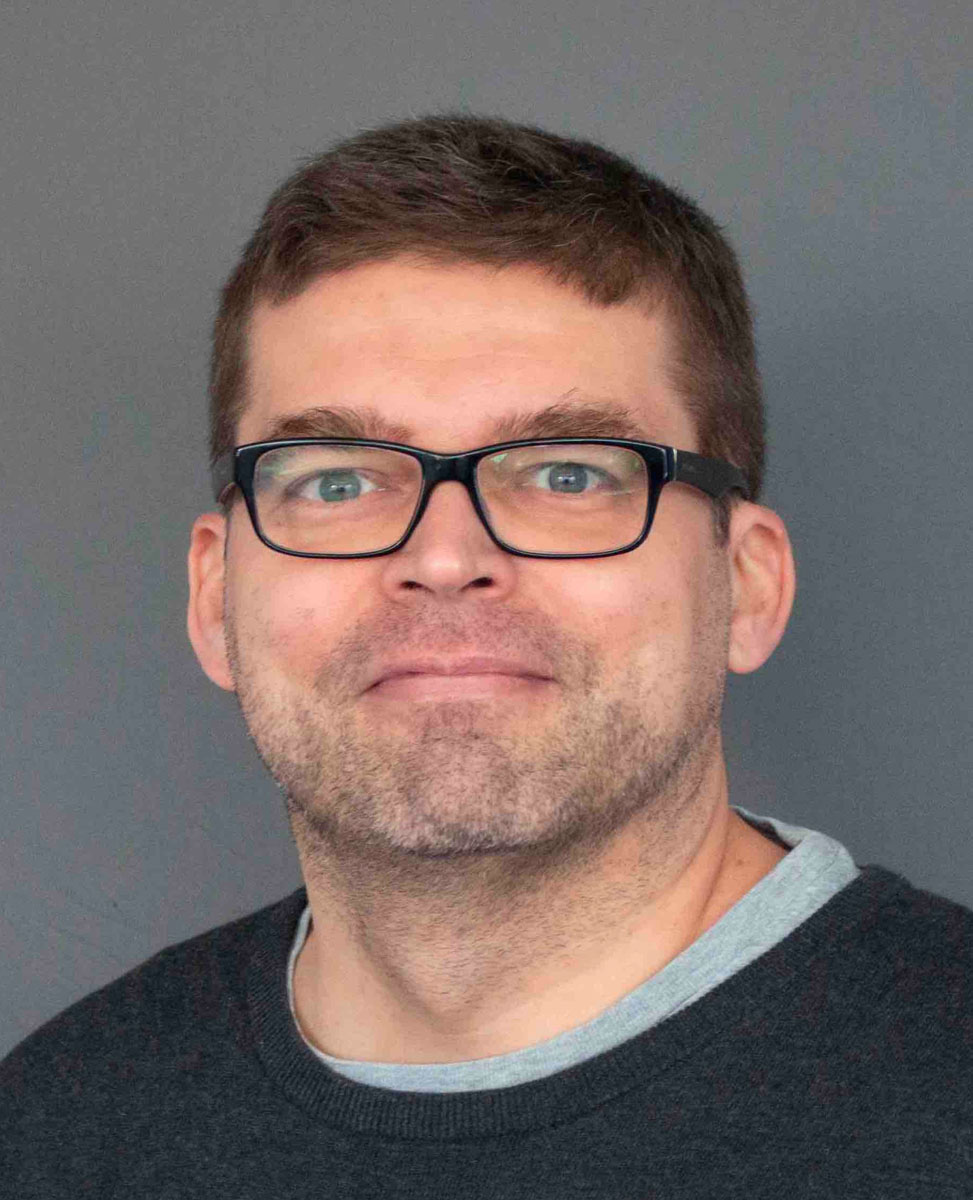
Faculty, staff, and graduate students dedicated service to running the department, and making it better have been another bright spot in my experience as the chair. The new academic year brings many personnel changes to various administrative roles in the department; Prof. Argon becoming the new DGS, Prof. Olvera-Cravioto the new DUS, Prof. Hannig the new DGA, amongst other changes. This is happening along with planned and unplanned staff turnover; the department recently welcomed its new manager Mrs. Weaver. Looking ahead at the new academic year 2022/2023, the department will continue pursuing some of its ongoing priorities related to data science, MS program, and department anniversary. Another theme that emerged over the last number of years is the growth of the department. This is bringing its own issues related to management, space, and other areas, that will continue needing our attention.
Do continue supporting the department in any way you can!
Vladas Pipiras
Department Chair
Read the entire newsletter


